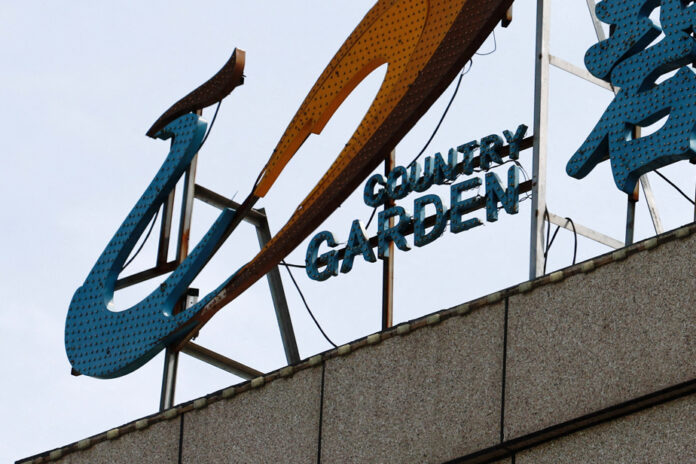(Beijing) Country Garden, one of China’s largest real estate groups with astronomical debt, denied Thursday that its managers have left the country, at a time when the company appears to be getting closer to default.
The developer, who has long been deemed financially solid, has been caught up in recent months by the real estate crisis in China, which threatens the survival of many players in the sector.
Country Garden was due to repay some US$15.4 million in loan interest on Wednesday to formally avoid default.
The company has not yet indicated whether it was able to honor this debt, increasing the pressure around the group’s situation.
Country Garden “has become aware of rumors that the founder and his daughter have left the country,” Country Garden said in a statement, criticizing a “malicious” act.
“Our founder and the chairwoman of the board of directors work in China normally,” assured Country Garden.
The group was founded in 1992 by Yang Guoqiang, who officially left the company in March 2023.
His daughter Yang Huiyan now runs the group alone.
In 2007, she became the richest woman in China by inheriting her father’s shares.
In a now gloomy context for real estate, Country Garden warned at the beginning of October that it “expected not to be able to honor” all its repayments.
The group was thus unable at the beginning of the month to pay loan interest on 470 million Hong Kong dollars (82 million CAN dollars).
Country Garden, however, has a grace period for this deadline, which will end in November.
Country Garden had a considerable debt estimated at 1,430 billion yuan (CAN 260 billion) at the end of 2022.
At the end of June, it had 147.9 billion yuan in cash (CAN 27 billion), a sum mainly intended to complete housing already paid for by the owners even before their construction.
Real estate groups in China have long relied on this financing model. But their massive debt has been seen in recent years by those in power as a major risk for the country’s economy and financial system.
Beijing has thus gradually tightened their conditions of access to credit from 2020, which has dried up the sources of financing for groups already in debt.















